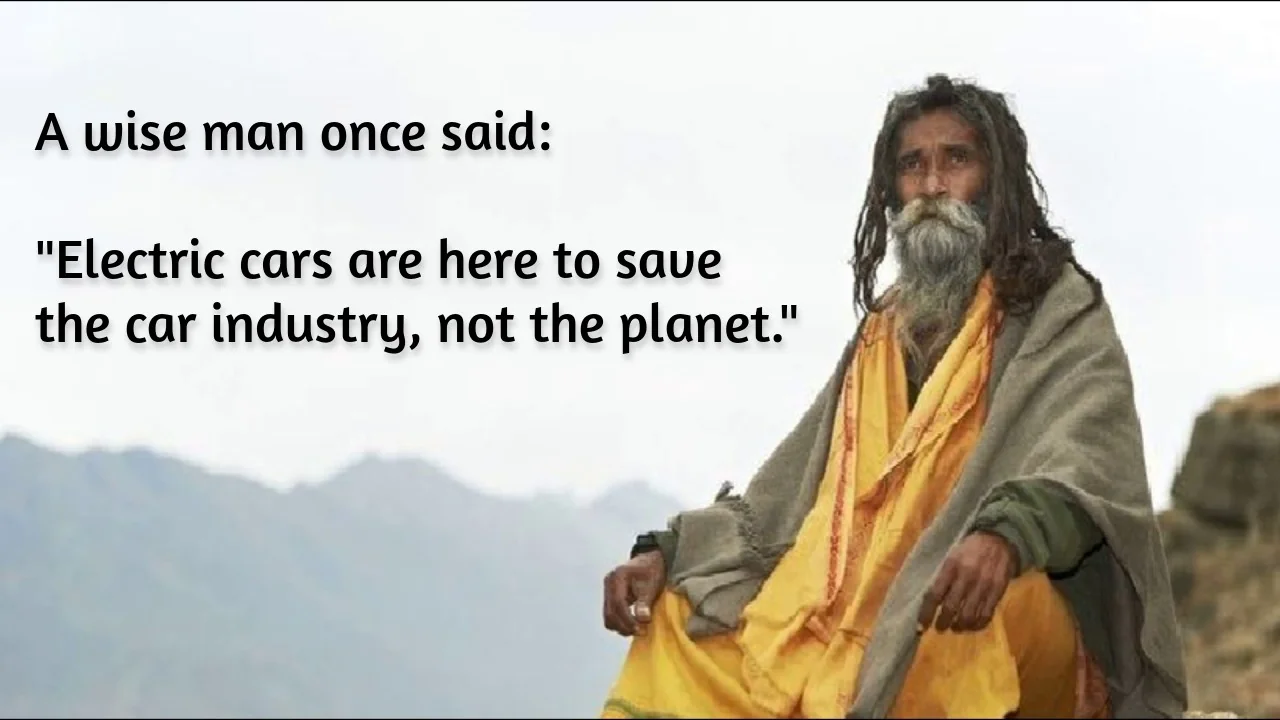view the rest of the comments
Fuck Cars
A place to discuss problems of car centric infrastructure or how it hurts us all. Let's explore the bad world of Cars!
Rules
1. Be Civil
You may not agree on ideas, but please do not be needlessly rude or insulting to other people in this community.
2. No hate speech
Don't discriminate or disparage people on the basis of sex, gender, race, ethnicity, nationality, religion, or sexuality.
3. Don't harass people
Don't follow people you disagree with into multiple threads or into PMs to insult, disparage, or otherwise attack them. And certainly don't doxx any non-public figures.
4. Stay on topic
This community is about cars, their externalities in society, car-dependency, and solutions to these.
5. No reposts
Do not repost content that has already been posted in this community.
Moderator discretion will be used to judge reports with regard to the above rules.
Posting Guidelines
In the absence of a flair system on lemmy yet, let’s try to make it easier to scan through posts by type in here by using tags:
- [meta] for discussions/suggestions about this community itself
- [article] for news articles
- [blog] for any blog-style content
- [video] for video resources
- [academic] for academic studies and sources
- [discussion] for text post questions, rants, and/or discussions
- [meme] for memes
- [image] for any non-meme images
- [misc] for anything that doesn’t fall cleanly into any of the other categories

I'd say it is more about ~~convince~~ convenience. You decide when you leave and you leave from your door. You don't risk being late to work because you missed the train by 1 minute (baring queues, but you get the point).
This can also be achieved by high frequency transit.
Yeah, if the train comes every five minutes, that's going to be way more consistent than traffic over time.
Really depends where you live. In my town I also decide when I leave, and I don't risk being late because I missed the train by one minute. I'll just take the next one. More risk of being late because of car traffic.
The problem when people compare cars to public transport is that they compare the current state of public transport in their area. We need to compare what would happen if we were spending as much billions as we do on cars.
If I'm doing a short trip locally in the city, I get that convenience out of my bike. There are times I would have taken a taxi somewhere, but when the app told me how long it would take for my driver to arrive, I just end up cycling there (often rolling past some long lanes of traffic in the process). That process can be even better if a city is built with safe biking paths.
Unfortunately that's super weather dependent and seasonal. Plus, some of us would be a sweaty mess by the time we biked to where we needed to go.
Bikes don't have to be seasonal. Some Nordic countries have well maintained and plowed biking networks and they see significant use throughout the winter.
I get heat warnings every other day lately, and unless it's the rare cloudy day my UV index is at the top of the scale. I don't worry about snow here, I worry about heat and sun. I don't see a good solution for that unless you want to build covered bike routes with ventilation fans all through the metroplex?
That's an unfortunate aspect of global warming I don't see talked about a lot, as more places approach wet bulb, any kind of physical activity outdoor will become deadly.
For me it's moreso the cold. But the act of biking should warm you up anyway. I think it really depends. The pathways are definitely clear, the question is if the weather would make someone drive vs bike.
I would've expected winter time to invalidate options of bike transport, but in city areas where the snow doesn't stay down, it doesn't end up happening as much. You'd of course want to bundle up for the weather, but then it's not so bad. NJB has even talked about how there are some areas of the world that have permafrost under them, and they still prefer bikes. Rain, in my experience, is just miserable either way, so I'd usually prefer the flexibility to go when a downpour has halted rather than keeping a dedicated roof-mobile around to force my way through. That said, buses have been great for rain too, so again, flexibility.
The sweaty mess remark matches with my experience when I was unused to cycling, and when going uphill. The former becomes less true after even just a week or two of experience on the pedals; I didn't even need a ton of acclimation after recovering from a leg injury. The latter may be a symptom of poorer city planning - which prefers bikes treading flatlands for long distances. It shouldn't end up being tiring when you're basically moving your legs in a walking motion at a low pace (traveling for chores is naturally going to be very different from the Tour de France).
Hang on, the sweating goes down with more experience? I was under the assumption it'd just stay that way.
What it really comes down to for biking in the winter is how cold it is vs how much biking itself warms you up. I think most of the time it's probably fine, but there are definitely conditions where it'd be unsafe but a car wouldn't be.
What bothers me is that climate change is making those conditions more frequent, but biking is a good solution to combat emissions too.
At my old job we had showers there, so in the morning I'd just grab a quick bite and pedal off with my change of clothes in my backpack, and shower when I got there.